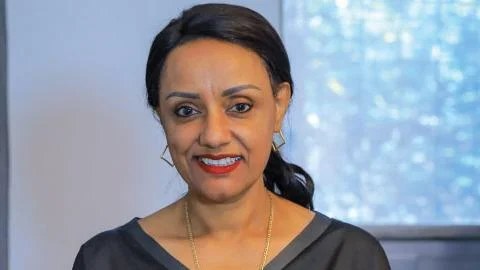The Federal Aviation Administration (FAA) has announced plans to implement a regulatory crackdown on scheduled charters like JSX, driven by pressure from competitors American Airlines and Southwest Airlines, along with the Air Line Pilots Association. The FAA aims to fast-track this action, with a proposed rulemaking expected this year and a final rule next year.
American Airlines has admitted its motive in lobbying against JSX is to avoid competition. CEO Robert Isom stated in a closed meeting, “If you don’t have to deal with the same DOT provisions, the same FAA provisions, the same security TSA provisions that’s not fair…. I’m quite certain that the FAA, the DOT, and TSA will take a look at what’s going on and make sure that no one is advantaged..”
JSX operates from private terminals while exceeding TSA security requirements. Passengers can arrive 20 minutes before their flight, enjoy spacious seating, free checked bags, free Wi-Fi, drinks, and snacks. All of these services comply with established rules and had satisfied the Department of Transportation and TSA until competitors began lobbying.
 Alerts Sign-up
Alerts Sign-up











